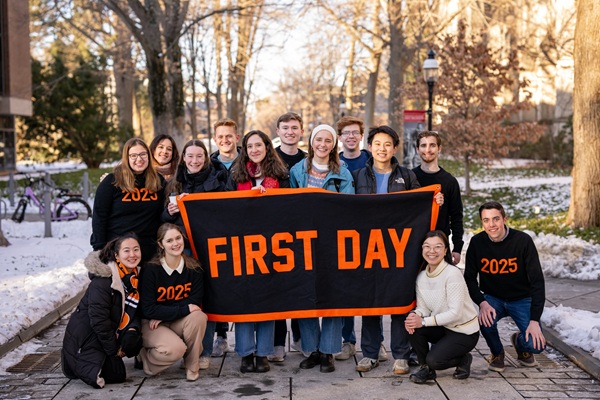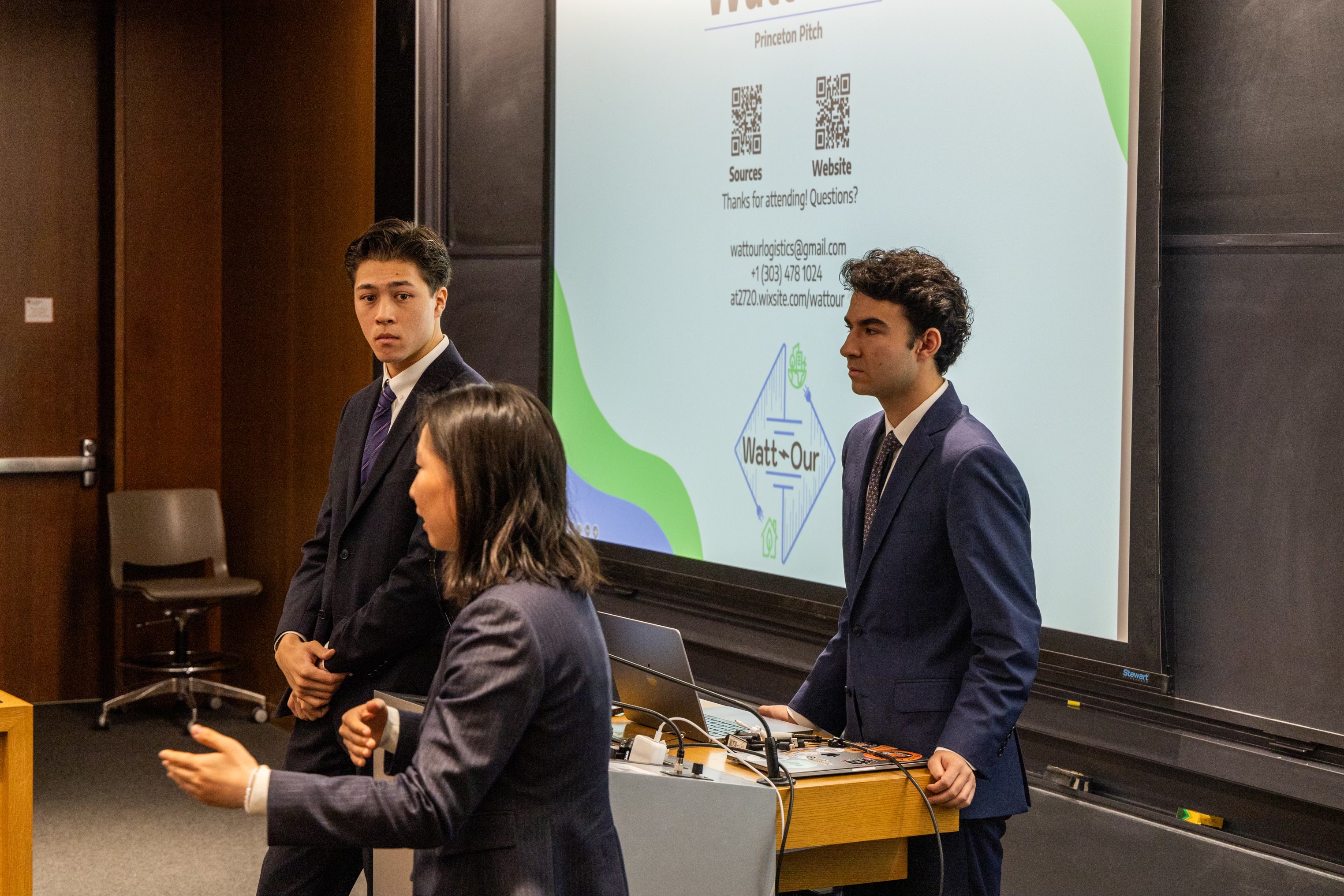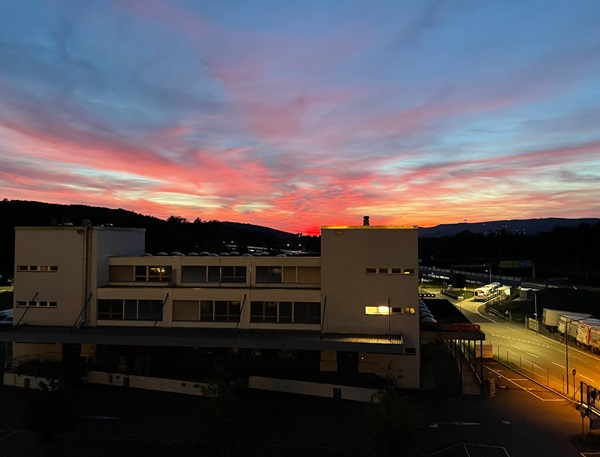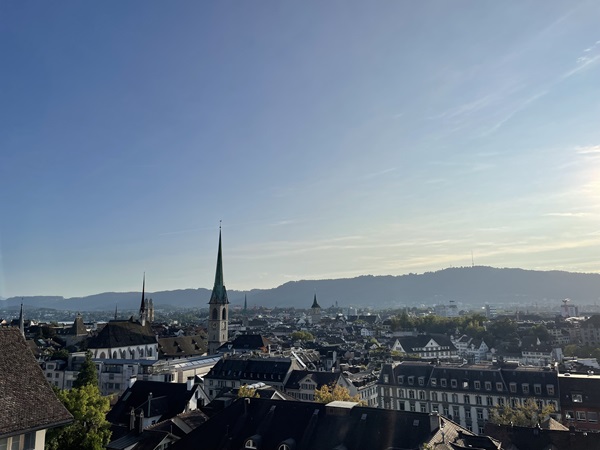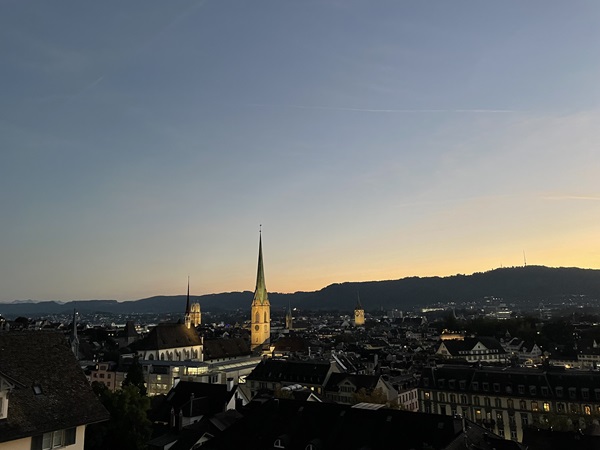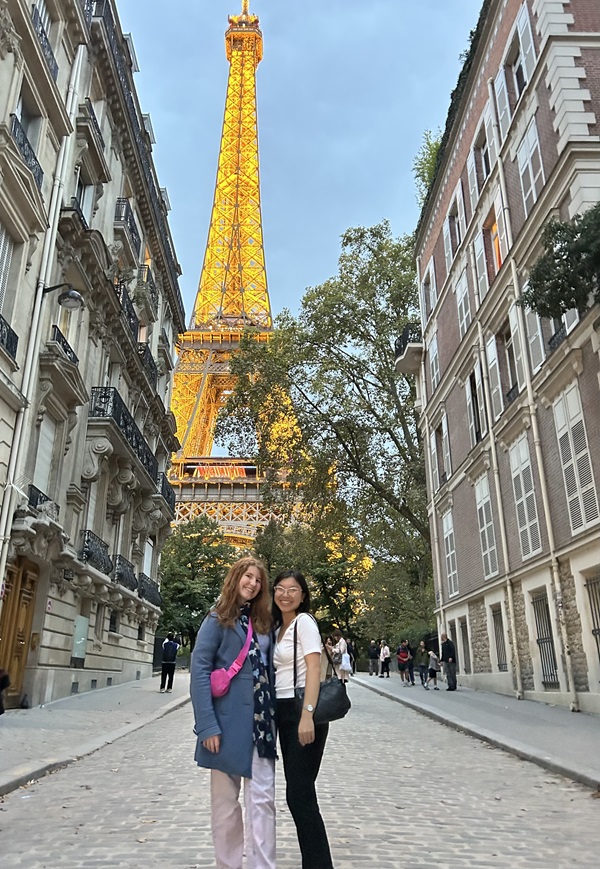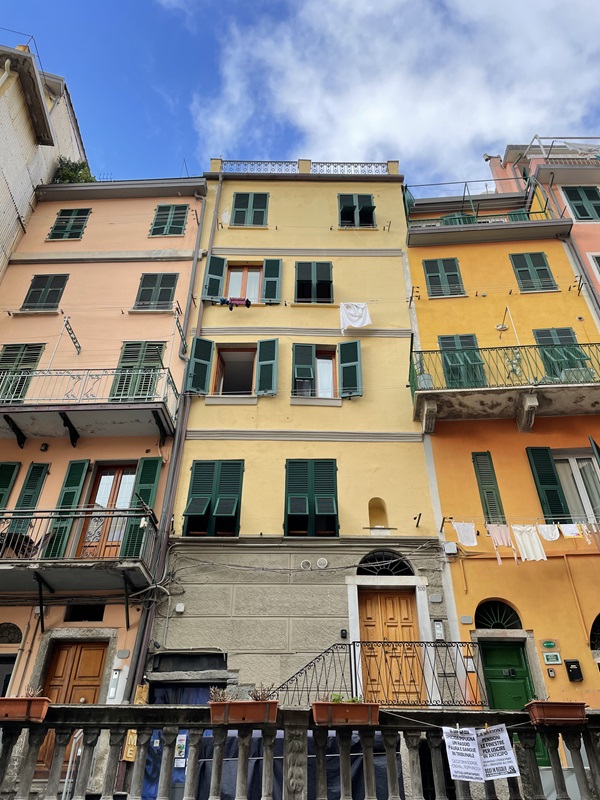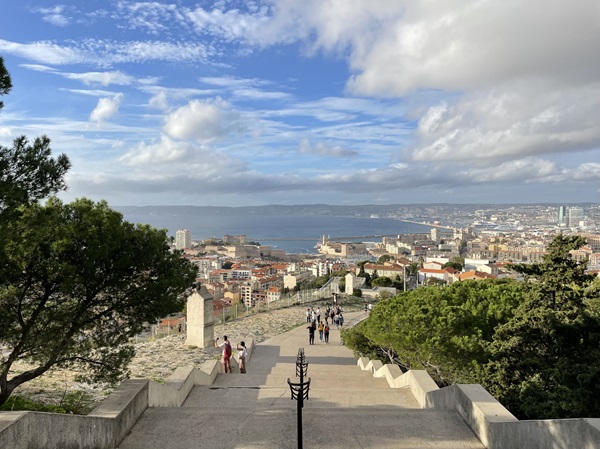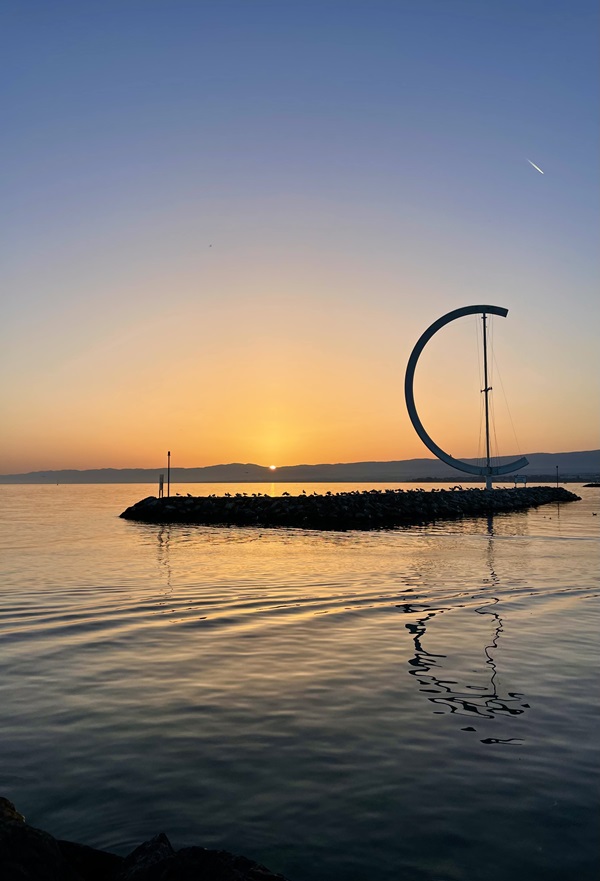Coming into Princeton, I didn’t foresee a leave of absence on the schedule. I had already extended my schooling by a year by opting to finish high school at a United World College (UWC), an international boarding school, and truth be told, I liked the sound of “Class of 2025”. There is a myth that students who walk through the center of FitzRandolph Gate will not graduate in four years, and I never did that, so I should be immune to needing extra time, right?

After spending last summer at Princeton working on my senior thesis in the Nelson lab, I was eager to return home in August for the first time since studying abroad the previous fall. Unfortunately, I received an unexpected diagnosis of hyperthyroidism, and by the time I received treatment several weeks into the semester, it would be too late to catch up on what I had missed. So began the process of taking a leave of absence.
Students taking a leave of absence work closely with their residential college staff. In my case, Dean Wagner and Dean Meggs from New College West were very helpful in ensuring I received the information I needed and University Health Services in securing continuity of care upon my return. With the support of my thesis advisor, Professor Nelson, and the Molecular Biology department, I successfully applied to return after one semester instead of one year. I am extremely grateful this was possible, as I was back in good health by the end of September and eager to return to Princeton, especially for the Class of 2025’s last semester.
Although my leave of absence was unplanned, there were many unexpected benefits. Having only returned home three times since starting college, I appreciated being able to spend several months with my family and catch up with old friends. Suddenly finding myself with a lot of free time, I baked for the weekly English as a Second Language cafe at our church, took a few ballroom dance classes co-taught by my sister, and read over 30 books. My favorite was Between Two Kingdoms, which happens to be written by a Princeton alum. I sat in on a History class on famine in the 20th century, in which I learned about events I had never heard about before, including the Holodomor and Bengal famine. I was also able to return to a job I had the summer before my first year, portering patients and restocking supplies in the Emergency Department. Looking for ways to stay connected with Princeton, I completed the online training to become a helpline counselor with CONTACT of Mercer County and began volunteering upon my return.
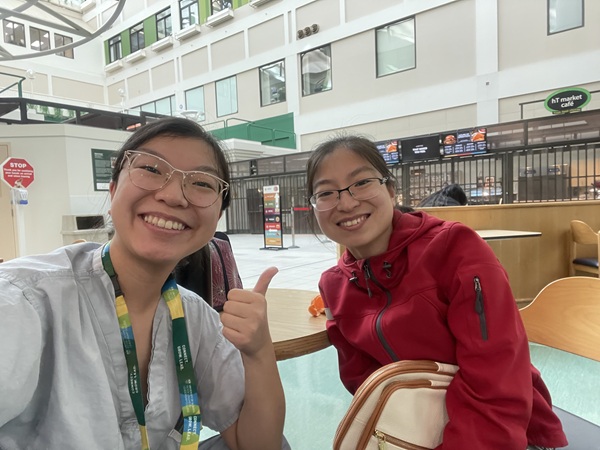
One highlight from my semester off was attending my first conference, the Biomedical Engineering Society Annual Meeting in Baltimore, MD, with the support of Professor Nelson and my research mentors in the lab. I was deeply impressed by the creativity and diversity of research I saw, including the recovery of damaged lungs for transplantation via cross-circulation and “cell dancing” in sliding hydrogels. It was also exciting to have an opportunity to share our own work on the effect of diet on breast cancer cell growth and receive feedback from other researchers.
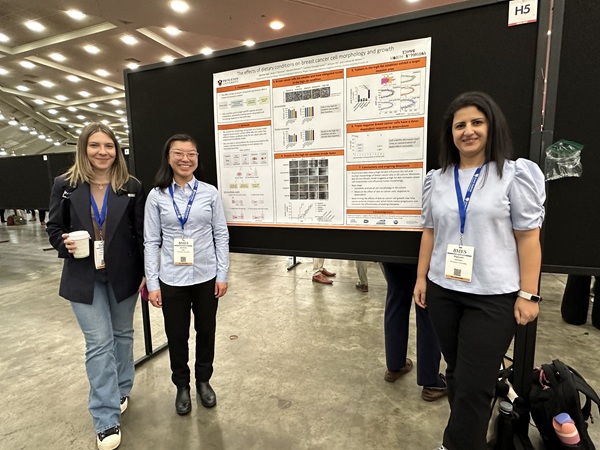
Despite trying to find ways to keep busy, my semester off was largely marked by boredom. I was used to taking five classes, being involved in extracurriculars, and being on-campus with my friends, and I felt a bit lost without something tangible to work toward. One of my UWC teachers reminded me, however, that there is value in boredom. I appreciated being able to spend the day reading a book, the weekends grocery shopping with my mom and going for walks by the river, and I was glad to have a break from the intensity of the Princeton semester.

Upon returning to campus in January, I appreciated being able to start the spring semester refreshed instead of burned out. Now, halfway through my penultimate semester, I am grateful I had a chance to hit pause for a few months but also return in time to spend one last semester with all my friends in the Class of 2025. As graduation draws near, it is hard to believe four years have passed by so quickly, and I am eager to make the most of our remaining time together. Whether you are considering taking a gap year before, during, or after college, I hope this encourages you that time off can be helpful and restorative. After all, school will always be there when you are ready to return.
